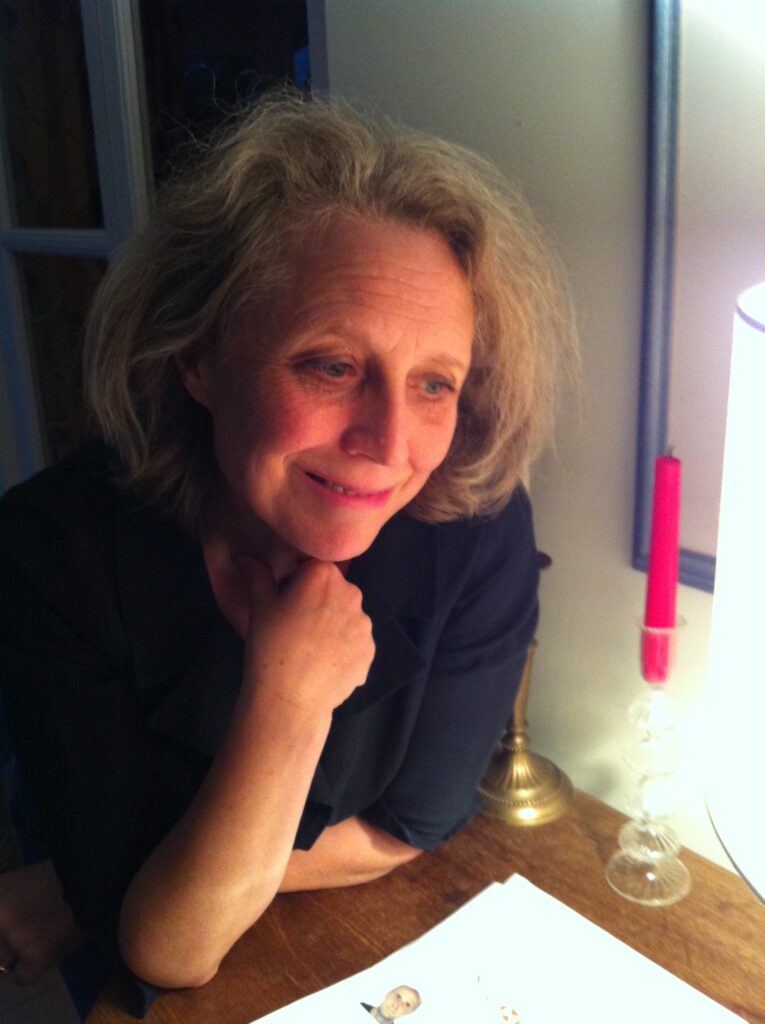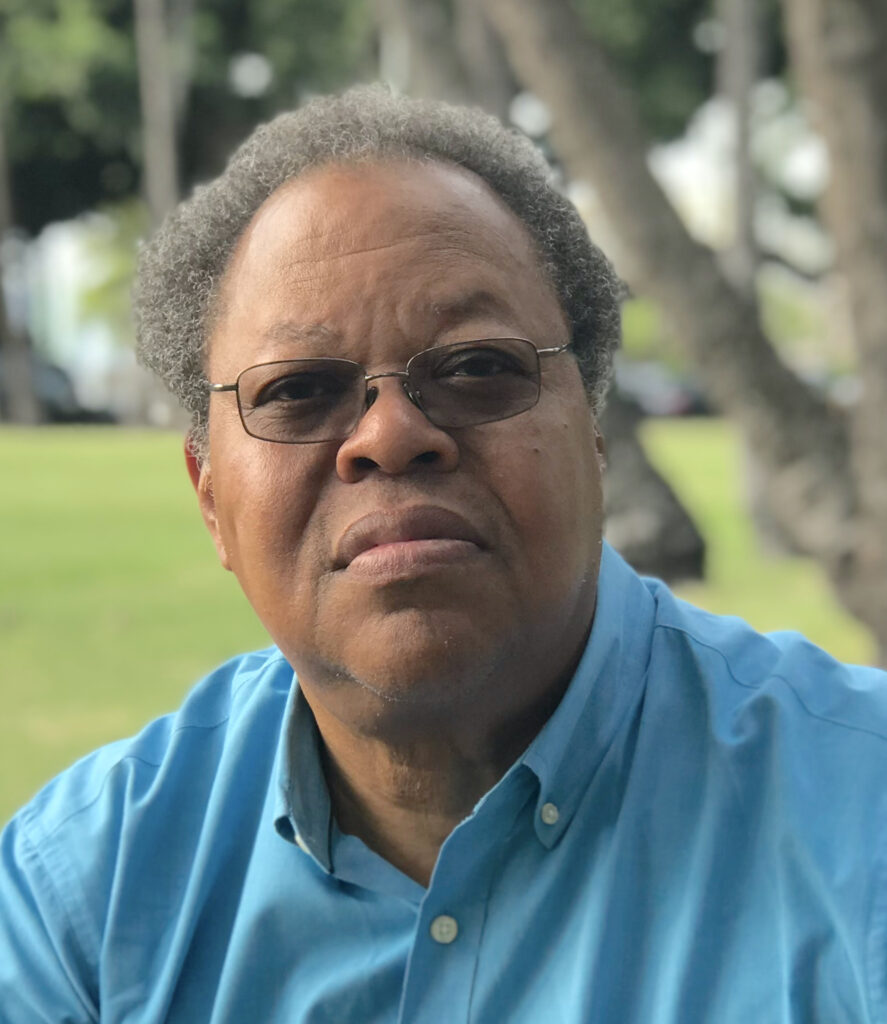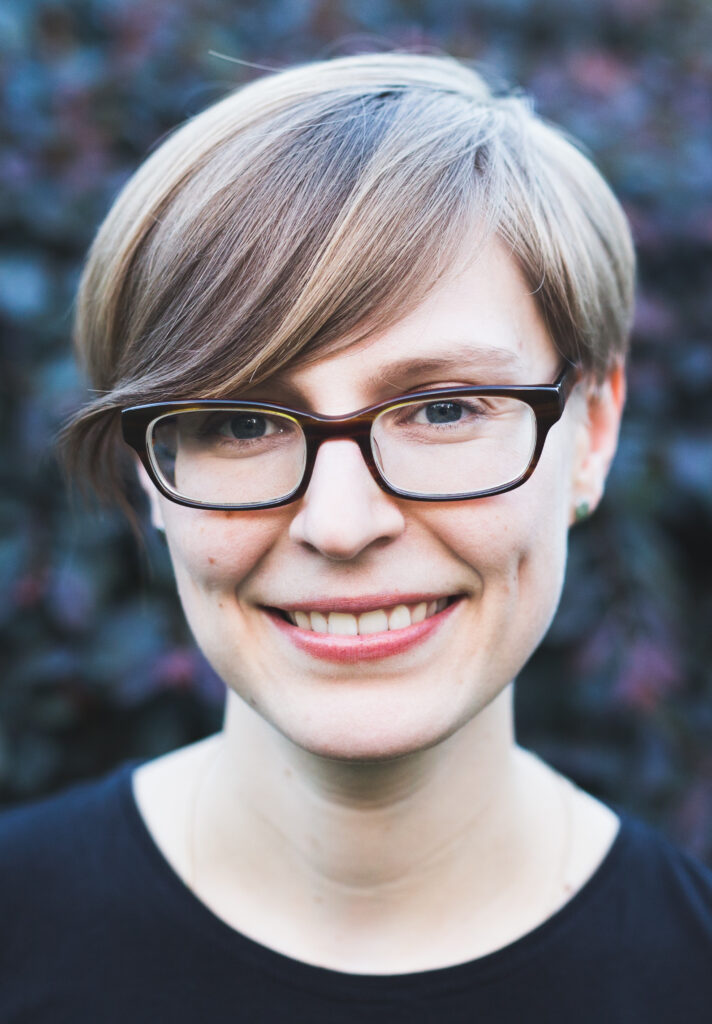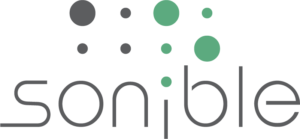2nd Conference on AI Music Creativity (MuMe + CSMC)
18.-22. July 2021, online
The Conference on AI Music Creativity brings together two overlapping research forums: The Computer Simulation of Music Creativity Conference (est. 2016) and The International Workshop on Musical Metacreation (est. 2012). The objective of the conference is to bring together scholars and artists interested in the emulation and extension of musical creativity through computational means and to provide them with an interdisciplinary platform in which to present and discuss their work in scientific and artistic contexts.
The 2021 Conference on AI Music Creativity was hosted by the Institute of Electronic Music and Acoustics (IEM) of the University of Music and Performing Arts of Graz, Austria and held online. The five-day program featured paper presentations, concerts, panel discussions, workshops, tutorials, sound installations and three keynotes, by Georgina Born, George E. Lewis and Rebecca Fiebrink.
Conference Theme
The theme of AIMC 2021 was: Performing [with] machines. The dual meaning of this title hints towards an understanding of the machine as a performing agent in a human-machine partnership. By putting the emphasis on creative human-machine partnerships in performative contexts, this theme aimed to encourage artistic and scientific contributions that deal with the different ways in which musicianship, authorship and performership are challenged, extended and redefined in the era of AI.
In line with this theme, the conference invited contributions that address the implications of AI for existing and emerging artistic practices. In particular, it encouraged submissions that address, but are in no way limited to, the following questions: In what ways can machine intelligence enrich existing artistic practices and lead to the development of new ones? What are the implications of machine autonomy for authorship and performership? What are the challenges and limitations relating to the delegation of creative responsibility to machines? What types of relationships are possible between human and computational creativity? And, in what ways do historical and socio-cultural aspects of music inform the development of Music AI applications and vice versa?
Keynote speakers

Georgina Born OBE FBA is Professor of Music and Anthropology, Oxford University. Earlier, she worked as a musician with avant-garde rock, jazz and improvising groups. Her work combines ethnographic and theoretical writings on music, sound, television and digital media. Her books include Rationalizing Culture: IRCAM, Boulez, and the Institutionalization of the Musical Avant-Garde (California, 1995), Western Music and Its Other (California, 2000), Music, Sound and Space (Cambridge, 20013), Interdisciplinarity (Routledge, 2013), and Improvisation and Social Aesthetics (Duke, 2017). She directed the European Research Council funded research program ‘Music, Digitization, Mediation’ and has been a visiting professor at UC Berkeley, UC Irvine, and McGill, Hong Kong, Oslo and Aarhus Universities.

George E. Lewis, Professor of American Music at Columbia University, is a Fellow of the American Academy of Arts and Sciences and the American Academy of Arts and Letters, a Corresponding Fellow of the British Academy, a MacArthur Fellow, a Guggenheim Fellow, and the recipient of the Doris Duke Artist Award. A member of the Association for the Advancement of Creative Musicians since 1971, Lewis’s compositions (including the widely influential interactive improvisation software, Voyager), have been performed by ensembles worldwide, and he holds honorary doctorates from the University of Edinburgh, New College of Florida, and Harvard University. Lewis is the author of A Power Stronger Than Itself: The AACM and American Experimental Music (University of Chicago Press) and co-editor of the two-volume Oxford Handbook of Critical Improvisation Studies.

Dr. Rebecca Fiebrink is a Reader at the Creative Computing Institute at University of the Arts London, where she designs new ways for humans to interact with computers in creative practice. Fiebrink is the developer of the Wekinator, open-source software for real-time interactive machine learning whose current version has been downloaded over 40,000 times. She is the creator of the world’s first MOOC about machine learning for creative practice. Dr. Fiebrink was previously an Assistant Professor at Princeton University and a lecturer at Goldsmiths University of London. She holds a PhD in Computer Science from Princeton University.
Organizing committee
Conference chairs: Artemi-Maria Gioti and Gerhard Eckel
Music chair: Luc Döbereiner
Paper chair: Artemi-Maria Gioti
Virtual conference chair: IOhannes zmölnig
Diversity consultant: Anna Xambó
Web management: Alisa Kobzar
Steering committee
Philippe Pasquier, Simon Fraser University, Canada
Robin Laney, The Open University, UK
Anna Jordanous, University of Kent, UK
Roisin Loughran, Dundalk Institute of Technology, Ireland
Steven Jan, University of Huddersfield, UK
Valerio Velardo, MusiMAP
Bob L. T. Sturm, Royal Institute of Technology (KTH), Stockholm, Sweden
Sponsors
sonible is an Austrian technology company in the field of professional audio solutions. The company was founded in 2013 and has since then released several products that succeeded on the international market.
The current product portfolio includes software tools for audio postproduction as well as hardware products for live sound and multichannel audio reproduction. In addition to this set of market-ready products, sonible also provides consulting services for the planning, installation and calibration of 3D audio systems.
With its AI powered “smart” plug-in range, sonible wants to simplify the creation of high-quality audio content and streamline audio production workflows. The plug-ins help amateurs to quickly reach their mixing goals while professional users benefit from an accelerated production workflow and unpreceded precision.
This conference was funded by the artistic research project Inter_agency: composing human-computer agent networks (PEEK AR 483, Austrian Science Fund).
Previous Conferences
Information about previous conferences and proceedings can be found at https://aimusiccreativity.org/.
